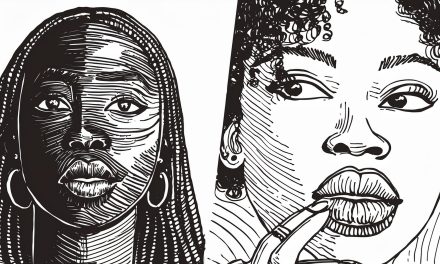#CaracolMienteis the trending hashtag on twitter, and refers to one of Colombia’s largest television networks, plays a significant role in shaping the country’s media narrative. Although known for its influence on public opinion, recent events have raised concerns about the network’s portrayal of racial issues and its impact on the struggle for racial equality in Colombia.
En una nación que lidia con disparidades raciales, el papel de los medios de comunicación en la representación de cuestiones raciales es fundamental. Este artículo emplea la sátira para explorar posibles parcialidades que denuncia el hashtag #CaracolMiente TV, en particular en lo que respecta a la representación racial, y la influencia del financiamiento político en la objetividad de la cadena.
For more than 4 days now, #CaracolMiente, has faced a series of criticisms on the social network Twitter for its coverage of Gustavo Petro, a prominent Colombian politician of mestizo and popular heritage, has been notoriously negative, raising questions about the bias in its journalistic reporting.
Financiamiento Político y la Influencia Racial
#CaracolMiente, denounces funding from sources with racially biased agendas. Color Click believes that the potential influence of political funding on media organizations can shape their representation of racial, political and economic issues.
Parcialidad Mediática, Propiedad y Representación Racial
Media bias in Colombia transcends what was denounced in the hash tag #CaracolMiente TV and affects the overall picture. RCN and Revista Semana are the clearest evidence. Ownership of media organizations by individuals or corporations with specific racial or political biases can result in biased coverage, affecting the struggle for racial equality.
Reflexión
Caracol TV’s influence on public opinion and racial representation in Colombia is significant. By critically analyzing the network’s coverage and using satire, the hash tag #CaracolMiente, citizens can uncover possible biases and questionable practices.
As consumers of news, we must recognize media bias and actively seek out diverse racial perspectives. By holding media organizations accountable and exercising critical thinking, we can foster a more informed and racially balanced public discourse.
Join the conversation and share your thoughts on #CaracolMiente TV’s racial representation and media bias in Colombia. Subscribe to our newsletter for more articles on racial issues and contribute to the fight for racial equality in Colombia.




